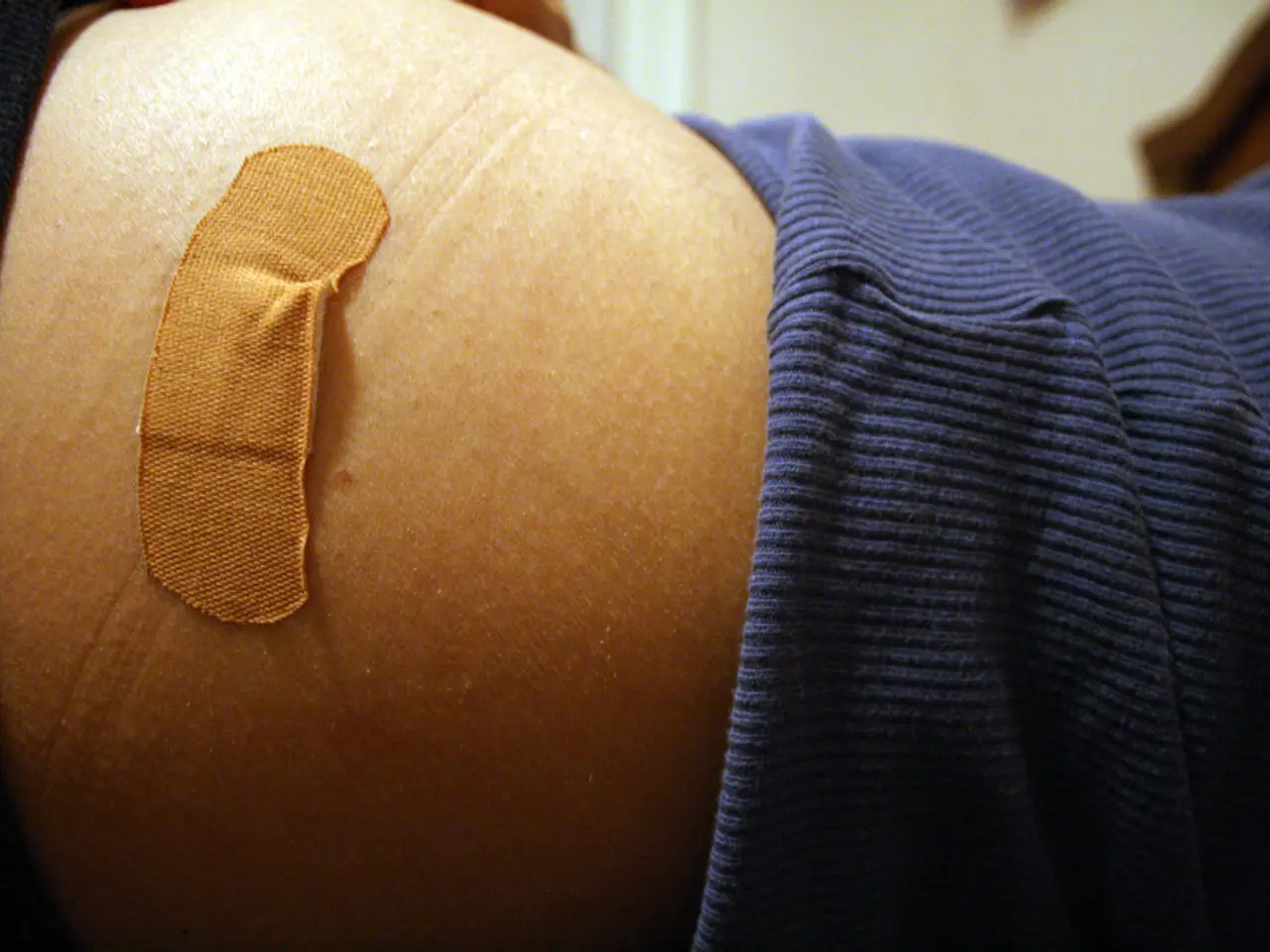Transplanting a Liver: Expenses and Monetary Assistance Available
Liver transplants are a lifesaving procedure for individuals in the end stages of liver failure, but they come with a hefty price tag. In 2020, the estimated cost of a liver transplant was around $878,400, encompassing pre-transplant care, organ procurement, surgery, hospital stay, and post-transplant care.
Fortunately, Medicare offers coverage for medically necessary liver transplant surgery and related physician services, paying about 80% of the approved cost after the patient meets deductibles (Part B coverage). However, patients are still responsible for paying 20% coinsurance plus deductible amounts for covered services.
The total cost of a liver transplant can exceed $800,000 to over $1,000,000. While Medicare coverage helps significantly, it does not completely eliminate out-of-pocket expenses. Patients may incur additional expenses such as transplant facility charges, lab tests not on the Medicare plan, and 20% of the Medicare-approved costs for doctor's services.
Medicare Advantage, or Medicare Part C, can help with out-of-pocket costs including emergency ambulance transportation, emergency room care, mental health counseling, physical, occupational, and speech therapy, and Part D which covers prescription drugs only.
It's important to note that non-medical costs and some services may not be fully covered, potentially resulting in additional patient expenses. For those who may need free or low-cost care based on certain income and family size requirements, they may be eligible for Medicaid.
Several financial aid programs also assist people with their liver transplant costs, including the American Transplant Foundation, Help Hope Live, Liver Health Connection, National Foundation for Transplants, and Transplants Patients Trust in the United Kingdom.
Liver transplants can be performed using organs from deceased donors, but less commonly, people may receive a liver transplant from a living donor. In such cases, the recipient's insurance covers all medical expenses during the transplant evaluation and surgery, while the donor may be responsible for some out-of-pocket travel expenses such as gas, airfare, food, and lodging during the donor evaluation, and lost wages during recovery.
Medigap, a private insurance plan, can help cover costs left over by Original Medicare, including deductibles, copayments, and coinsurance following a liver transplant. Medicare Part A covers necessary laboratory tests and physical exams, services required for a liver transplant, procurement of the liver, follow-up care, immunosuppressive or transplant drugs.
In the post-transplant discharge phase, Medicare covers all hospital readmissions, lab testings, outpatient visits, and postsurgical complications 180 days after a liver transplant. This coverage level aligns with common Medicare payment structures for transplant surgeries but does not usually cover all associated expenses, so significant out-of-pocket costs can occur.
For those with secondary insurance, they may not need a Medigap plan since their second policy will pay for any additional expenses not covered by Medicare. It's always essential to verify coverage specifics with Medicare guidelines and the specific financial aid programs available.
- Despite Medicare paying for approximately 80% of a liver transplant's cost, patients may still face out-of-pocket expenses for transplant facility charges, lab tests, and 20% coinsurance for doctor's services.
- Medicaid can offer assistance to those who require free or low-cost care due to specific income and family size requirements.
- Financial aid programs like the American Transplant Foundation, Help Hope Live, Liver Health Connection, National Foundation for Transplants, and Transplants Patients Trust in the United Kingdom may assist people with their liver transplant costs.
- In cases where a living donor provides an organ, the donor may be responsible for some travel expenses such as gas, airfare, food, and lodging during the donor evaluation, and lost wages during recovery.
- Medigap, a private insurance plan, can help cover remaining costs not covered by Original Medicare, including deductibles, copayments, and coinsurance, following a liver transplant.




